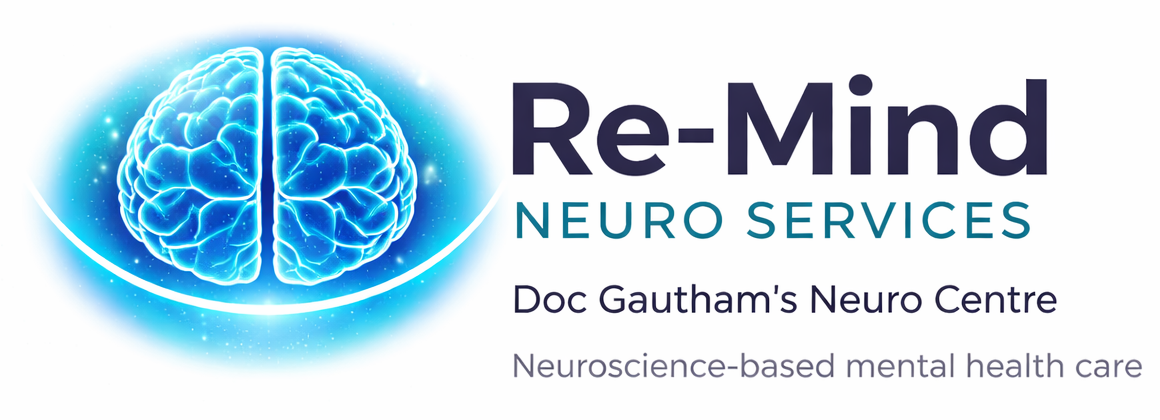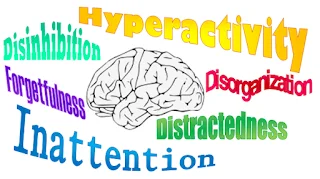BPAD treatment In Chennai BPAD treatment In Chennai Everyone has ups and downs in mood. Sometimes you may bubble with energy and good spirits, with everything being a lot of fun and healthy positive outlook on life. Other times you feel ‘off mood’, when things are not particularly enjoyable and everything seems to be going wrong. Changes in mood are so much a part of life, that we sometimes fail to recognize when they are abnormal.
Bipolar Affective Disorder (Manic-Depressive Disorder / Manic Depression) — causes mood swings which take the form of depression or mania that last for several months at a time. Causes include biochemical imbalance in the brain. Treatment includes medicines like anti depressants, and mood stabilizers.
When depressed the person has great sadness, guilt, no appetite, poor sleep and is unable to experience any enjoyment. During mania the person experiences extreme elation and has erratic and excited behavior. A less extreme form of mania is termed hypomania with similar but less intense symptoms. Some patients may also have “mixed” episode with symptoms of both mania and depression episode for a short period of time. Mood shifts may occur just once or a few times a year.Manic depressive psychosis is an inherited problem. The reasons for this illness exist in the genetic make up of the person. Often, more than one person in a family will have the same problem but this is not necessary – the tendency to develop the disease can be there without it actually happening. It is a matter of body chemistry and internal biological clock. Psychological stress can act as a trigger for the problem or can make the symptoms worse. Sometimes there is seasonal variation or circumstances after repeated episodes could percipitate future episodes. Alcohol and drugs are known to percipitate attacks, specially of depression. Similarly some physical illnesses or medicines may also percipitate an episode.Bipolar disorder requires lifelong treatment, even during periods when you feel better. There are several categories of treatment. There is different treatment for manic episodes, depressive episodes and rapid cycling. Apart for these treatments to stop episodes of depression and mania there is also long term maintenance therapy.The primary treatments for include medications; individual, or family psychological counseling (psychotherapy); or education.
Initial treatment generally involves taking medications to balance the moods right away.
Continued treatment (maintenance treatment) is used once the symptoms have subsided. People who skip maintenance treatment are at high risk of a relapse of symptoms or having minor mood changes turn into full-blown mania or depression.
Hospitalization may be needed dangerous or disruptive, suicidal or psychotic behavior.
Precautions :— The episodes once started do not usually go away on their own and before the episode is over, violence to others or self; total breakdown of work, social support and family are real dangers.



